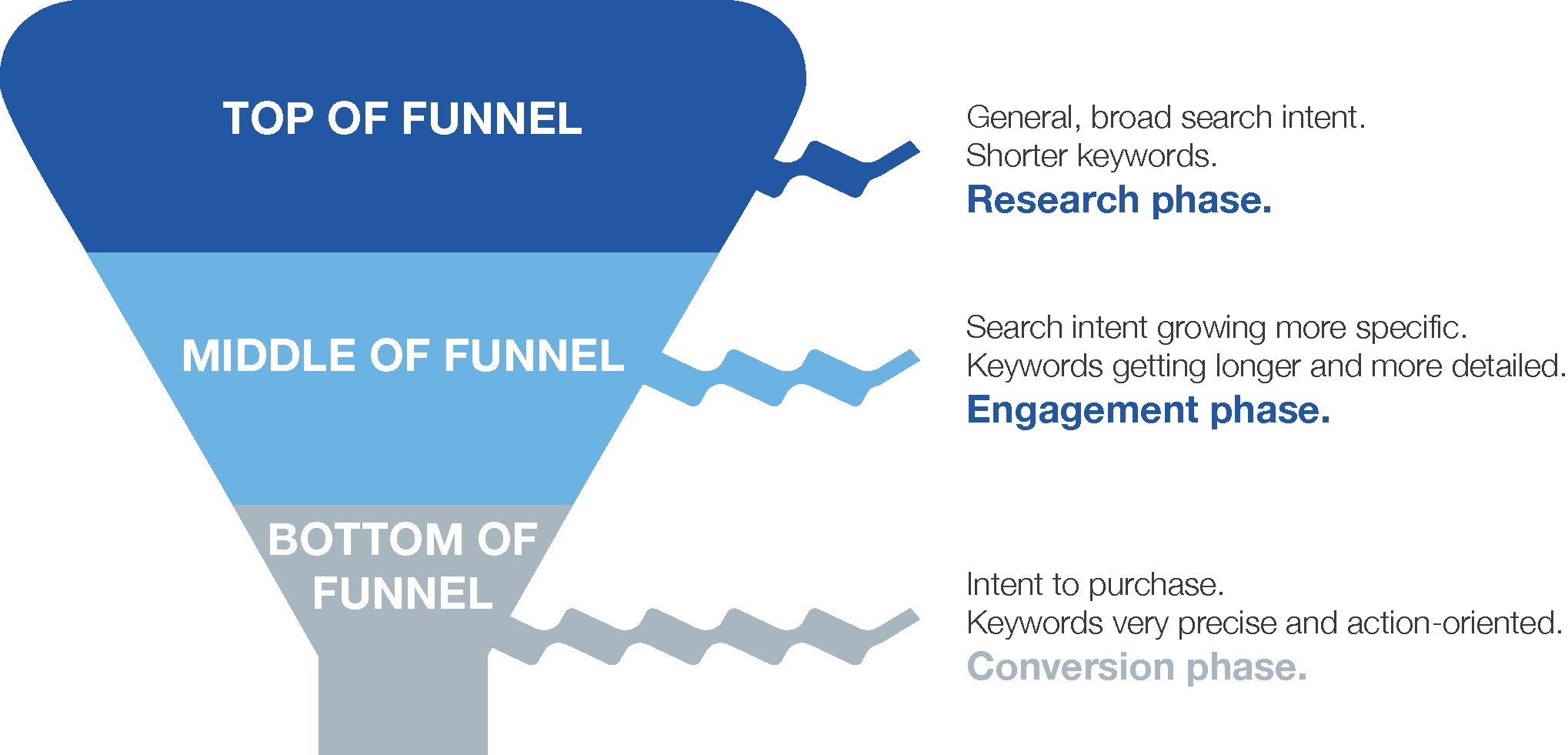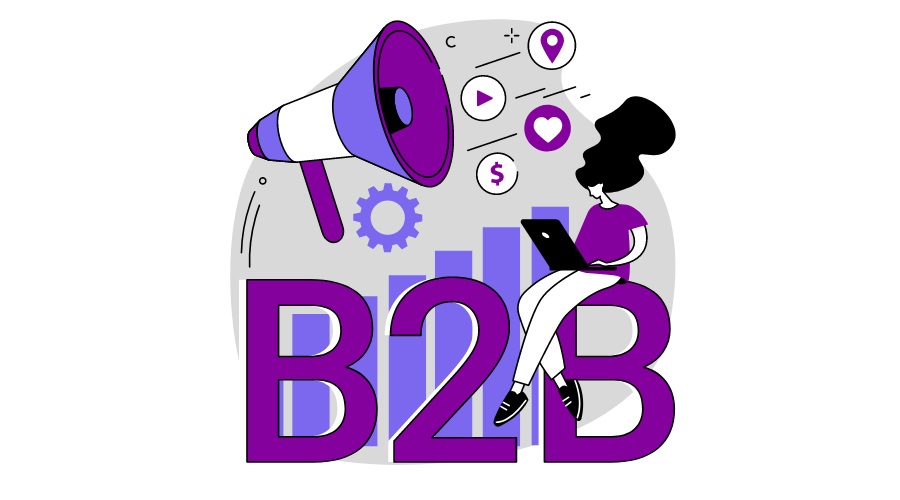Do you own a logistics and trucking company? It is an integral component of many businesses. As they specialise in the management of transporting and delivering of goods, businesses look for reliable logistics companies that promote efficient transportation. However, despite the quality of your logistics company, you may find it is not achieving the online reach it should be.
If this sounds like your company, then you may want to consider upping your SEO for logistics strategy! SEO is a key part of digital marketing for logistics companies, however it can often be left neglected in the overall strategy. If your SEO game is in need of revision, you’re in luck! Read on to discover how to successfully manage SEO for logistics companies.
What is SEO in logistics?
SEO for logistics companies refers to the strategic process that logistics and trucking companies undergo to optimise online presence to rank higher in search engine results. This allows them to increase visibility to potential clients who may be interested in their logistics services.
7 SEO for Logistics Companies Tips
Keyword Research
The first step in completing SEO for logistics is undergoing keyword research. This will set the solid groundwork for your SEO process.
Identify relevant keywords and phrases related to your logistics services. This could include keywords such as “freight shipping,” “logistics solutions,” or “supply chain management.” Write these in a spreadsheet. You might like to categorise them into sections such as high ranking and low ranking keywords or by order of relevance. Use tools like Google Keyword Planner to find high-traffic and low-competition keywords as these will be the ones you will want to focus on the most.
Optimise Your Website
When it comes to SEO for logistics companies, it’s imperative to prioritise mobile-friendliness as an increasing number of potential clients access websites via smartphones and tablets.
A responsive design ensures that your website adapts seamlessly to various screen sizes, enhancing accessibility and user engagement. Additionally, a swift-loading website not only improves user satisfaction but also positively impacts search engine rankings, as page speed is a known ranking factor. A user-friendly design, featuring intuitive navigation and prominently placed call-to-action buttons, streamlines the customer journey, ultimately driving higher conversion rates and bolstering your online presence.
Hotjar is a website that allows you to gain valuable insights into your website’s strengths and weaknesses, enabling you to make data-driven decisions to enhance the user experience and ultimately improve your website’s performance. This can be a good starting point to make changes where necessary to your Logistics company website.
On-Page SEO
Effective on-page optimisation is a multifaceted approach that strategically incorporates relevant keywords into critical website elements, such as title tags, meta descriptions, and header tags, to improve search engine visibility. These elements should prominently feature these keywords to signal the content’s relevance to search engines, ultimately boosting your logistics company’s online presence.
Additionally, crafting compelling and descriptive titles and meta descriptions not only enhances your SEO efforts but also entices users to click through to your site when they encounter your listing on search engine results pages. This significantly increases the likelihood of attracting valuable organic traffic and potential customers to your logistics services.
Local SEO
Businesses will likely want to engage with logistic companies that are in close proximity to them. This is why engaging in local SEO efforts is crucial.
Optimising your Google My Business (GMB) listing is crucial for logistics companies focusing on attracting local customers. It ensures that your business information, such as your name, address, and phone number (NAP), is readily available to local searchers. Additionally, maintaining consistency across all online directories and platforms not only boosts your local SEO efforts but also builds trust with potential customers, as they can rely on accurate and up-to-date information when seeking your services in their area.
Build High-Quality Backlinks
Building a strong backlink profile is essential for improving your SEO for logistics companies. By actively seeking authoritative and relevant backlinks from trusted websites within the logistics or related industries, you not only enhance your website’s credibility in the eyes of search engines but also position yourself as an industry leader.
Strategies like guest posting and creating valuable industry resources not only attract quality backlinks but also demonstrate your expertise, while engaging in relevant forums allows you to establish relationships and gain natural backlinks from discussions and contributions within your niche community.
Monitor and Analyse
Continuous monitoring of your website’s performance through tools like Google Analytics and Google Search Console is essential for maintaining and improving your SEO strategy. By analysing the data they provide, you can pinpoint areas of your website that need enhancement, track the progress of your chosen keywords in search results, and assess the overall effectiveness of your SEO efforts. This allows you to make informed decisions and adjustments to optimise your logistics company’s online presence.
SEO for Logistics Industry Success
The logistics industry is paramount to the functionalities of many businesses. Hence, it is important to stay ahead of the competition through digital marketing for logistics companies’ strategies whether you are utilising the assistance of SEO services or working on SEO in house. Improving SEO efforts is a component of digital marketing that will allow logistics companies to do exactly that as they gain further visibility amongst those who will be interested in their services.


